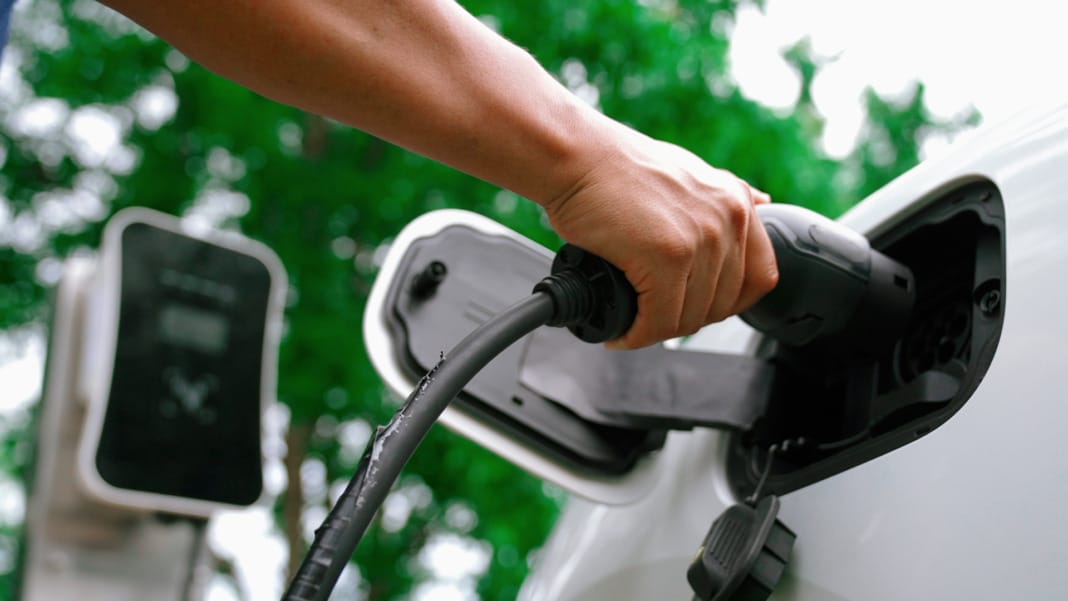A recent survey by Consumer Reports, a respected US non-profit, has revealed significant reliability issues for electric vehicles (EVs), notably related to charging and battery problems. Despite the increasing popularity of EVs, they are experiencing 79% more issues than traditional gasoline-powered vehicles. The survey, which included data on more than 330,000 vehicles from model years 2000 to 2023, highlights the challenges facing this emerging technology.
Rankings and recommendations
The 2023 Annual Auto Reliability survey categorised vehicles into 19 groups. Electric pickups emerged as the least reliable, while compact cars, sports cars, and small pickups were deemed the most reliable. Interestingly, hybrid vehicles outperformed gasoline, but plug-in hybrids reported 146% more problems.
Tesla, led by Elon Musk, ranked 14th, facing issues mainly in body hardware, paint, trim, and climate systems. However, Tesla stood as the second-best US automaker regarding reliability, trailing behind General Motors’ Buick. Mercedes-Benz and Stellantis’ Chrysler ranked at the lower end, at 29th and 30th, respectively. In contrast, Asian carmakers like Lexus and Toyota dominated the top 10 rankings.
Expert insights
Jake Fisher, Senior Director of Auto Testing at Consumer Reports, noted the novelty of EV technology for traditional automakers, contributing to the reliability issues. He suggests leasing EVs, as their technology is rapidly evolving, especially in North America.
Marta Tellado, President and CEO of Consumer Reports, emphasised the unchanged consumer priorities amidst the auto market’s shift: finding safe and reliable cars. The survey covers 20 problem areas, including engines, electric motors, transmissions, and in-car electronics, offering a comprehensive view of vehicle reliability.
This survey from Consumer Reports underscores the teething problems of EVs in the current market, which are challenged by reliability issues, especially in charging and battery systems. As the automotive industry shifts towards electric and hybrid models, this report is a critical benchmark for consumers and manufacturers.





